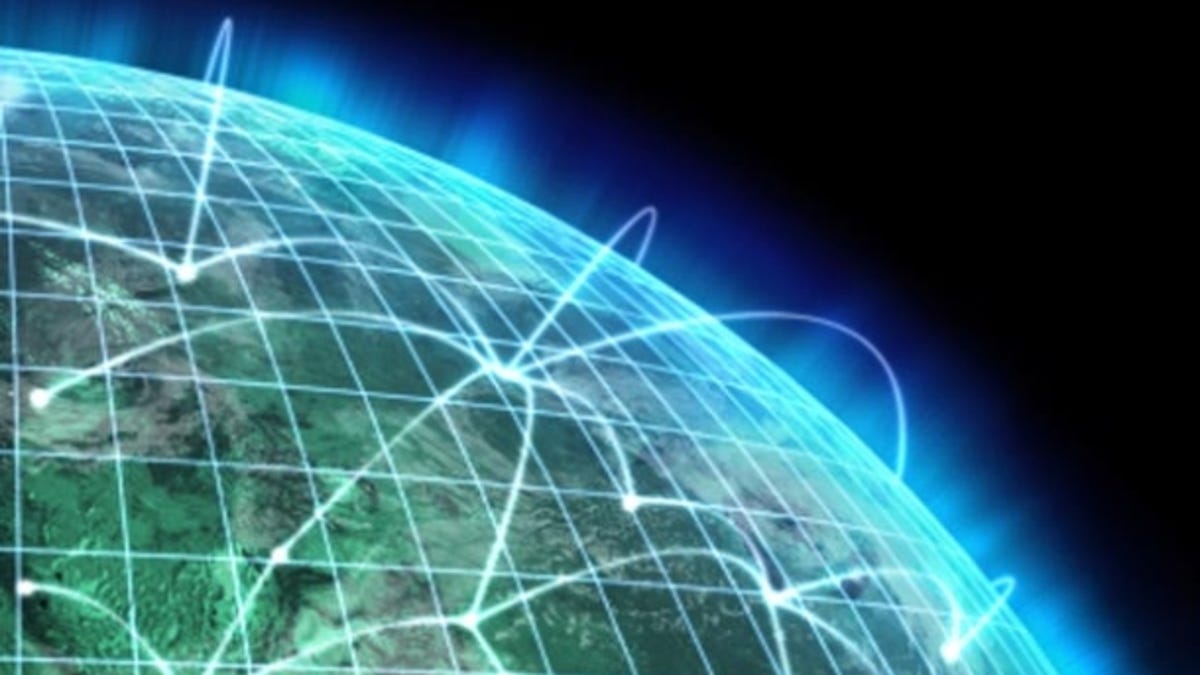U.S. lifts ban on computer exports to people in Iran
Easing of sanctions will allow U.S. residents to export communications equipment to individuals, but not to the Iranian government.

The U.S. government is easing sanctions that for more than two decades have prohibited companies from selling electronic devices such as computers, cell phones, and wireless routers to Iran.
The move, announced Thursday by the Treasury Department, allows U.S. residents to export electronic equipment to individuals but not to the Iranian government or "to any individual or entity on the Specially Designated Nationals (SDN) list." The SDN list is a compilation of individuals and groups with whom U.S. residents are prohibited from doing business, such as Al-Qaeda.
"The people of Iran should be able to communicate and access information without being subject to reprisals by their government," the department said in a statement that accused Iran's government of "[attempting to] silence its people by cutting off their communication with each other and the rest of the world."
Restrictions against device exports to Iran have been in place since the early 1980s when the U.S. broke off diplomatic relations with Iran. However, many sanctions have recently been imposed on Iran over its controversial nuclear program.
The increased pressure apparently led to Samsung's announcement that device users in Iran would lose access to Samsung's mobile app store due to "legal barriers."
In addition to communications hardware and software, the license allows for the sale of "consumer-grade internet connectivity services," such as virtual private network (VPN) services -- a popular tool used to get around government blocks.
Quite aware of the censorship they face, many Iranians used proxy servers over VPNs to circumvent government restrictions and mask their activities. However, officials said in March that they had blocked use of the "illegal" tool.
Access to major international news sites and social-networking sites such as Facebook and Twitter is blocked by the country's government, which has been waging a battle against what it calls "inappropriate" content on the Internet.
The National Iranian American Council applauded the move.
"Lifting these sanctions is an extremely positive step," Jamal Abdi, policy director of the NIAC, said in a statement. "There was no better example of sanctions that undermined human rights and civil society efforts of Iranians, and helped the regime."
"Steps like this can go a long way to demonstrate that we stand with the Iranian people," said Abdi, whose organization advocated for the reforms."This also shows that sanctions that hurt ordinary Iranians can be lifted if we press policymakers and work with them to find solutions."

